
Daejeon: South Korea's Hub of Science and Tranquility
Nestled in the heart of South Korea, Daejeon is a city that seamlessly blends technology and nature. Often called 'Asia's Silicon Valley,' it is home to some of the country's top research institutes and universities. The city is a hub of innovation and offers a unique opportunity to explore futuristic advancements alongside rich cultural traditions. Daejeon's Expo Park is a must-visit, showcasing exhibits from the 1993 Daejeon Expo and offering interactive science experiences. The National Science Museum nearby provides a deeper dive into various scientific fields. For those seeking natural beauty, the serene Gyejoksan Mountain Red Clay Trail offers a barefoot hiking experience like no other, surrounded by lush greenery and panoramic views. The city's culinary scene is equally impressive, with local specialties such as spicy chicken feet (dakbal) and soybean paste soup (doenjang jjigae) waiting to tantalize your taste buds. The Yuseong Hot Springs are perfect for relaxation, providing a soothing experience after a day of exploring. Daejeon is also well-connected, making it easy to explore other parts of South Korea. With its blend of science, nature, and culture, Daejeon offers a unique and enriching travel experience.
Local tips in Daejeon
- Visit the Daejeon Expo Park early in the morning to avoid crowds and fully enjoy the exhibits.
- Take a barefoot hike on the Gyejoksan Mountain Red Clay Trail for a unique and rejuvenating experience.
- Try local delicacies like spicy chicken feet and soybean paste soup at traditional markets for an authentic taste of Daejeon.
- Spend an evening at Yuseong Hot Springs to relax and unwind after a day of sightseeing.
- Utilize Daejeon's efficient public transportation to explore nearby attractions and cities with ease.
Neighbourhoods in Daejeon
Daejeon: South Korea's Hub of Science and Tranquility
Nestled in the heart of South Korea, Daejeon is a city that seamlessly blends technology and nature. Often called 'Asia's Silicon Valley,' it is home to some of the country's top research institutes and universities. The city is a hub of innovation and offers a unique opportunity to explore futuristic advancements alongside rich cultural traditions. Daejeon's Expo Park is a must-visit, showcasing exhibits from the 1993 Daejeon Expo and offering interactive science experiences. The National Science Museum nearby provides a deeper dive into various scientific fields. For those seeking natural beauty, the serene Gyejoksan Mountain Red Clay Trail offers a barefoot hiking experience like no other, surrounded by lush greenery and panoramic views. The city's culinary scene is equally impressive, with local specialties such as spicy chicken feet (dakbal) and soybean paste soup (doenjang jjigae) waiting to tantalize your taste buds. The Yuseong Hot Springs are perfect for relaxation, providing a soothing experience after a day of exploring. Daejeon is also well-connected, making it easy to explore other parts of South Korea. With its blend of science, nature, and culture, Daejeon offers a unique and enriching travel experience.
When is the best time to go to Daejeon?
Iconic landmarks you can’t miss
Daejeon O-World
Experience the thrill of Daejeon O-World, a top theme park in South Korea offering rides, animal exhibits, and family-friendly attractions for all ages.
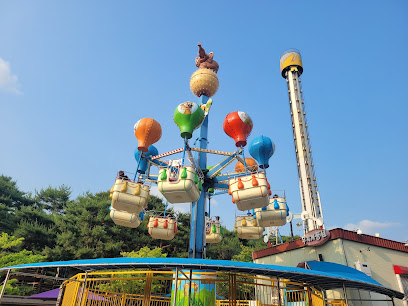
Daejeon Jungang Market
Discover the heart of Daejeon at Jungang Market, where culinary delights and vibrant culture await every visitor.
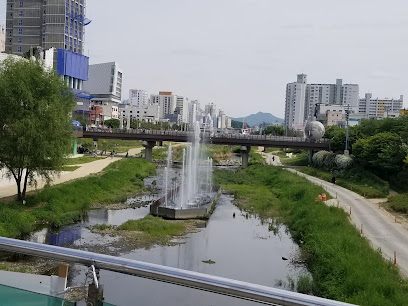
National Science Museum
Explore the National Science Museum in Daejeon - a captivating destination for science enthusiasts and families, featuring interactive exhibits and educational programs.
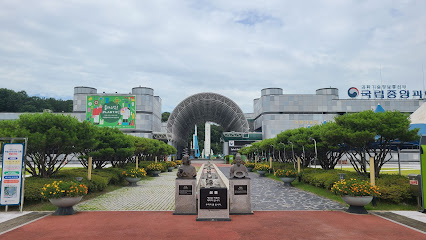
Jangtaesan Recreational Forest
Immerse yourself in the beauty of nature at Jangtaesan Recreational Forest, a serene destination perfect for outdoor enthusiasts and families in Daejeon.
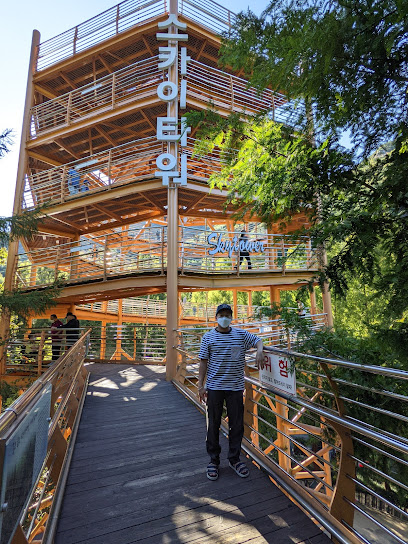
Hanbat Arboretum
Discover the lush landscapes and diverse flora of Hanbat Arboretum, a serene escape in Daejeon, perfect for nature lovers and families.
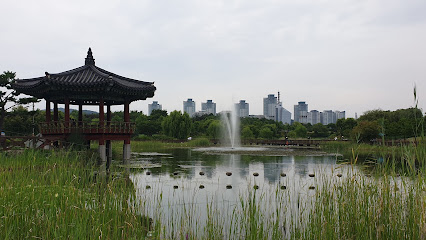
Kyeryongsan sutonggol District National Park
Experience the breathtaking landscapes and rich biodiversity of Kyeryongsan Sutonggol District National Park in Daejeon, South Korea.
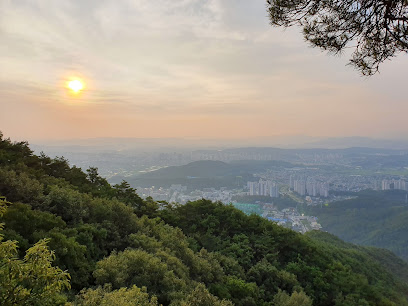
Daejeon Expo Civic Plaza
Discover the lush landscapes and vibrant cultural scene at Daejeon Expo Civic Plaza, a premier city park and tourist attraction in South Korea.
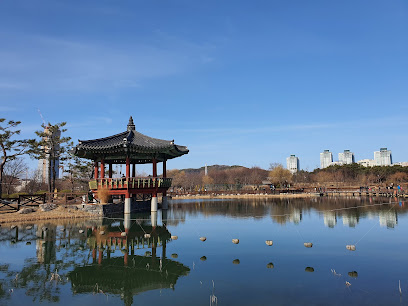
Sikjangsan Sunrise Observatory
Experience breathtaking sunrises and serene landscapes at Sikjangsan Sunrise Observatory in Daejeon, a perfect getaway for nature lovers and photographers.
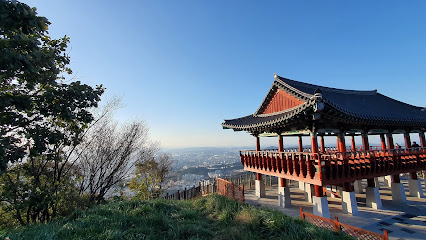
Ppuri Park
Explore the natural beauty of Ppuri Park in Daejeon, a peaceful urban oasis perfect for relaxation and outdoor activities.
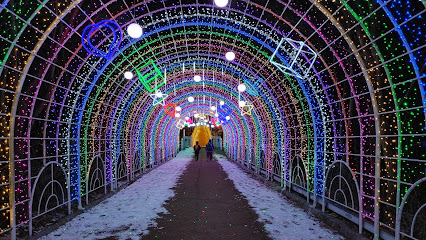
Daejeon Skyroad
Discover Daejeon Skyroad: where art, nature, and breathtaking city views converge into an unforgettable experience.
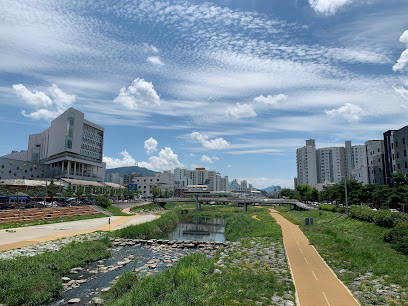
Daejeon Convention Center
Experience the heart of Daejeon's innovation at the Daejeon Convention Center, where technology meets culture and collaboration thrives.
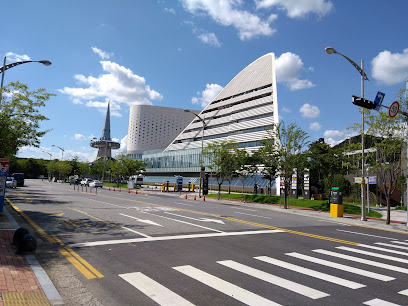
Daejeon Aquarium
Discover the vibrant marine life at Daejeon Aquarium, an enchanting attraction that showcases the beauty of underwater ecosystems in South Korea.
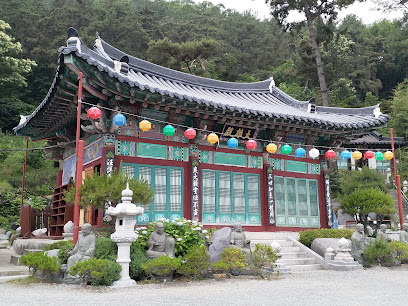
EXPO Hanbit Tower
Experience stunning views of Daejeon from the EXPO Hanbit Tower, a must-visit observation deck blending culture and breathtaking panoramas.
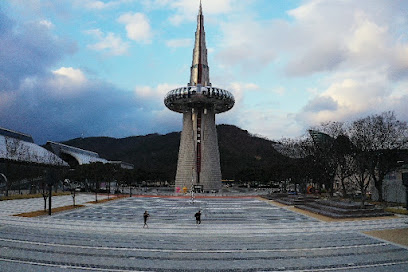
Seodaejeon Park
Discover the serene beauty of Seodaejeon Park, a lush urban oasis in Daejeon, perfect for relaxation, recreation, and cultural experiences.
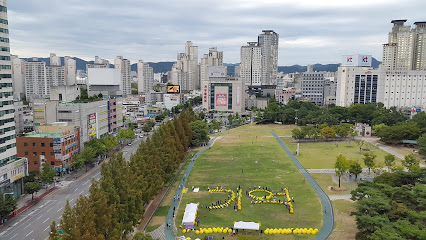
Expo Bridge
Explore the breathtaking Expo Bridge in Daejeon, a stunning architectural landmark offering scenic views and a blend of art, nature, and culture.
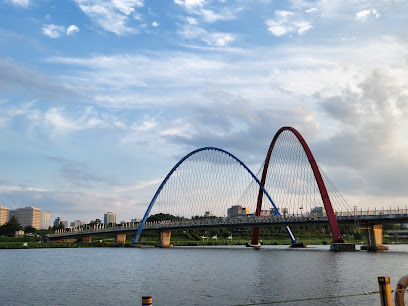
Unmissable attractions to see
Daejeon O-World
Discover the magic of Daejeon O-World, where thrilling rides, enchanting wildlife, and beautiful gardens create unforgettable experiences for every visitor.
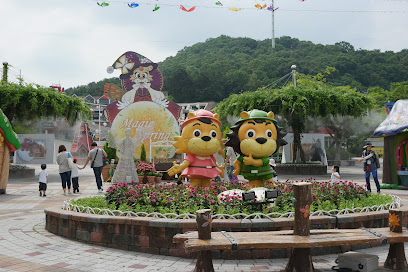
Daejeon Jungang Market
Explore the vibrant Daejeon Jungang Market, where authentic Korean culture, delicious street food, and unique souvenirs await every visitor.
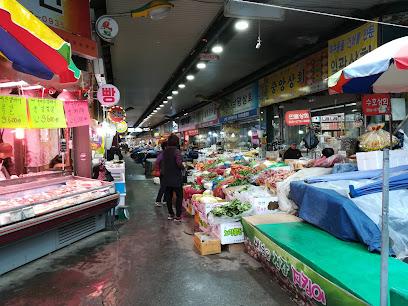
Jangtaesan Recreational Forest
Explore the serene beauty of Jangtaesan Recreational Forest in Daejeon, a perfect escape for nature lovers and outdoor enthusiasts.
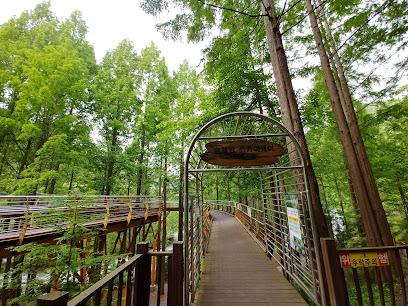
National Science Museum
Discover the marvels of science at Daejeon's National Science Museum, a hub of interactive exhibits and educational experiences for all ages.
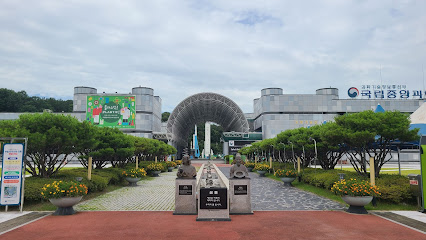
Hanbat Arboretum
Explore the lush landscapes and diverse plant life at Hanbat Arboretum, a premier arboretum in Daejeon, South Korea, perfect for nature lovers and tourists.
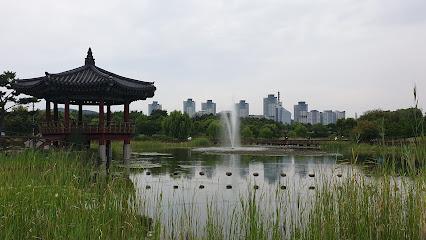
Hanbat Arboretum
Explore the natural beauty of Hanbat Arboretum in Daejeon, where diverse plant species and serene landscapes create a perfect escape.
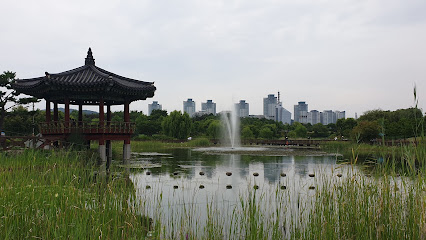
Kyeryongsan sutonggol District National Park
Discover the breathtaking landscapes and rich biodiversity of Kyeryongsan Sutonggol District National Park in Daejeon, South Korea.
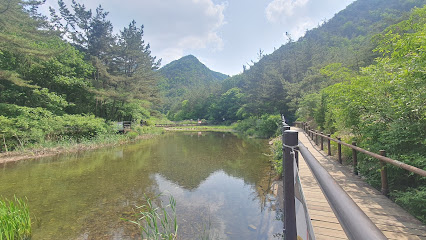
Daejeon Expo Civic Plaza
Discover the beauty of Daejeon Expo Civic Plaza, a serene city park blending nature, culture, and recreation in the heart of South Korea.
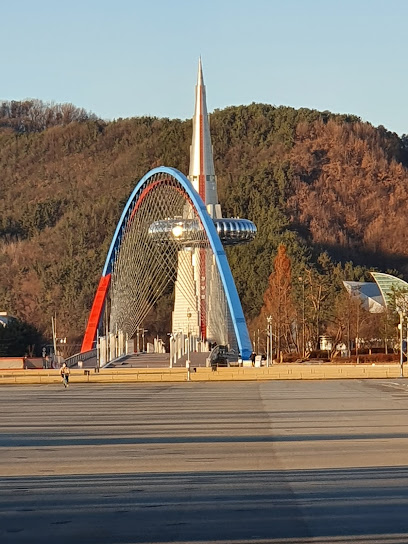
Sikjangsan Sunrise Observatory
Discover the stunning views and serene atmosphere at Sikjangsan Sunrise Observatory, a must-visit destination in Daejeon for nature lovers and photographers.
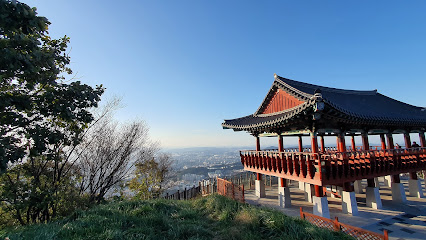
Ppuri Park
Discover the serene Ppuri Park in Daejeon, a perfect blend of nature, recreation, and cultural events, ideal for tourists seeking relaxation.
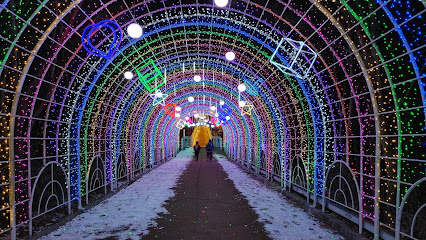
Daejeon Skyroad
Experience the vibrant atmosphere of Daejeon Skyroad, where art meets technology in a stunning pedestrian walkway filled with shopping and entertainment.
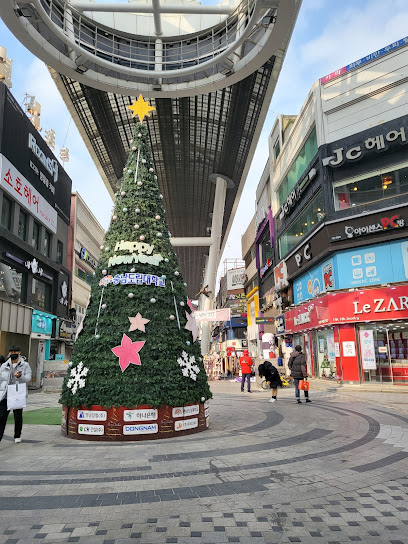
Bear Tree Park
Explore the lush landscapes of Bear Tree Park in Sejong-si, an enchanting arboretum perfect for nature lovers and families seeking tranquility.
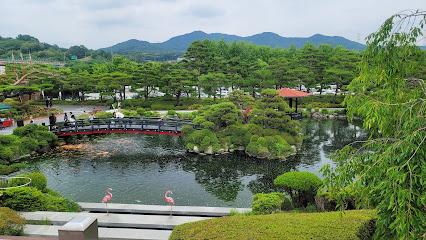
Yuseong Hot Springs
Discover tranquility and wellness at Yuseong Hot Springs, a natural oasis in Daejeon, South Korea, renowned for its healing thermal waters and serene ambiance.
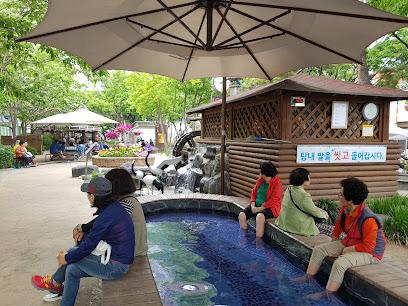
Daejeon Aquarium
Discover marine life wonders at Daejeon Aquarium, a captivating tourist attraction in South Korea showcasing diverse aquatic ecosystems.
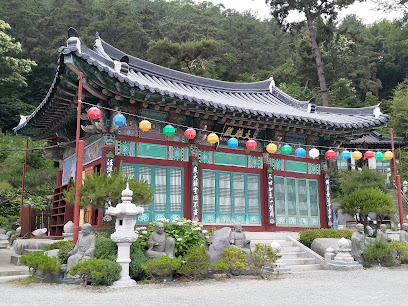
Daedong Sky Park
Discover the beauty and tranquility of Daedong Sky Park, a serene escape with stunning views and lush landscapes in Daejeon, South Korea.
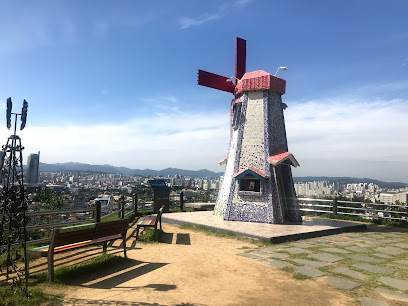
Essential places to dine
Vesta Buffet
Experience the ultimate buffet at Vesta Buffet in Daejeon - where global flavors meet local hospitality in a sumptuous dining setting.
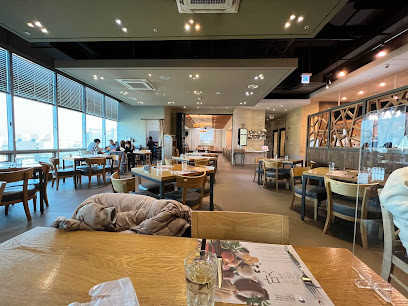
Pangsion Cafe
Experience authentic Italian flavors at Pangsion Cafe in Daejeon - where every meal feels like a warm embrace from Italy.
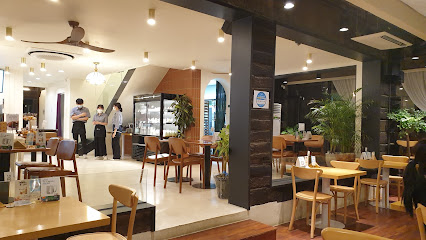
THE KINGDOM BUFFET & WEDDING
Experience exquisite dining at The Kingdom Buffet & Wedding in Daejeon—where culinary delights meet elegant celebrations.
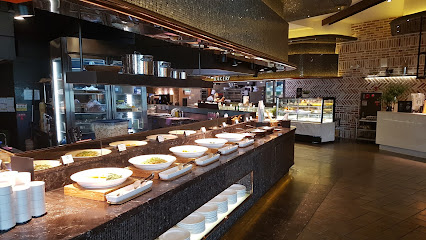
Deoliseu
Savor the vibrant tastes of Brazil at Deoliseu, where authentic South American cuisine meets warm hospitality in Daejeon.
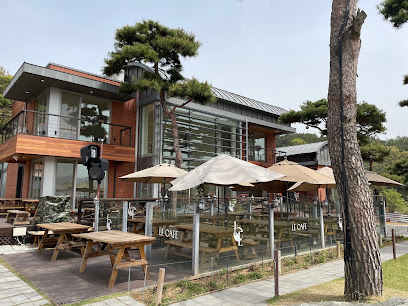
Nuovo Napoli
Experience authentic Italian cuisine at Nuovo Napoli in Daejeon – where tradition meets flavor in every dish.
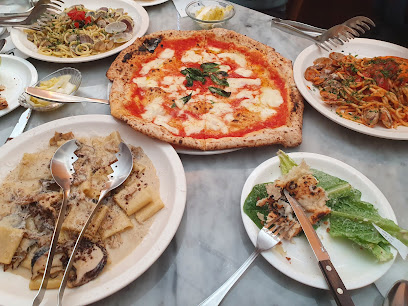
괴정동공주칼국수
Discover authentic Korean flavors at 괴정동공주칼국수 in Daejeon – home to delicious handmade kalguksu and warm hospitality.
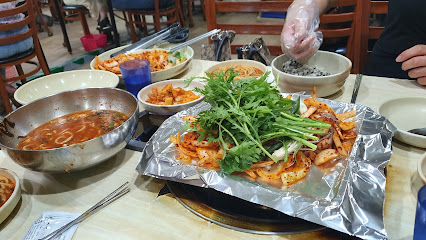
인디 indy
Experience the rich flavors of India at 인디 Indy - Daejeon's premier destination for authentic Indian cuisine.
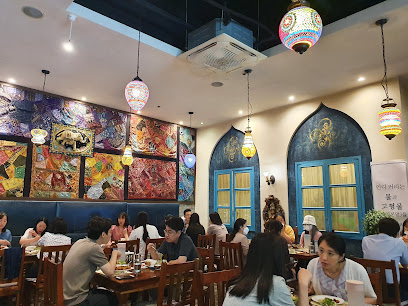
향미각
Discover the flavors of China at 향미각 in Daejeon—where authentic cuisine meets warm hospitality.
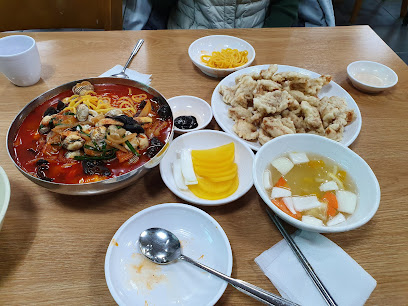
Moru Brunch Cafe Dunsan
Discover Moru Brunch Cafe in Daejeon – where traditional Korean flavors meet modern brunch delights in a cozy setting.
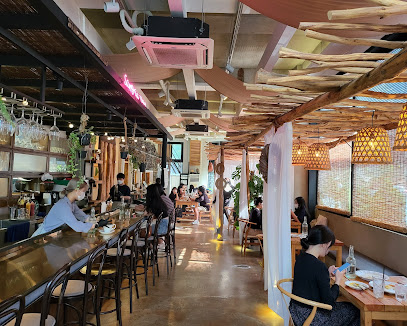
Ali-Baba’s Treasure
Experience the rich tastes of the Mediterranean at Ali-Baba's Treasure in Daejeon, where every meal is a flavorful adventure.
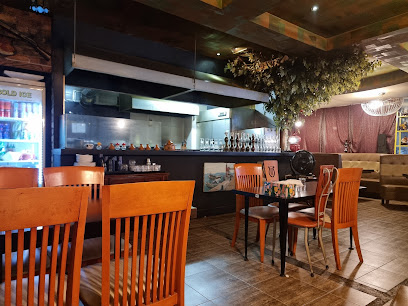
Wangwan Sikdang
Experience authentic Korean flavors at Wangwan Sikdang in Daejeon – a must-visit culinary destination for every food lover.
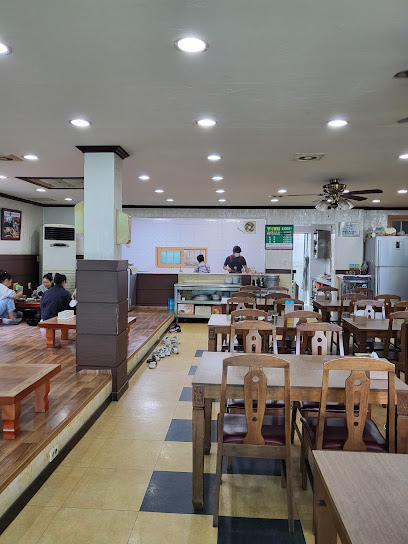
Flying Pan
Discover authentic Italian flavors at Flying Pan in Daejeon - where every dish tells a story!
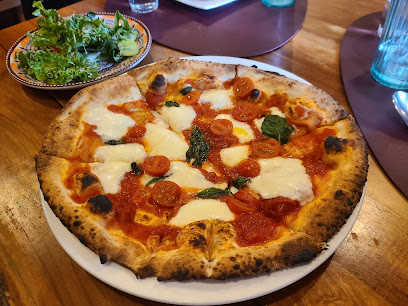
Chayhana
Discover the vibrant flavors of Uzbekistan at Chayhana in Daejeon - an authentic culinary journey awaits.
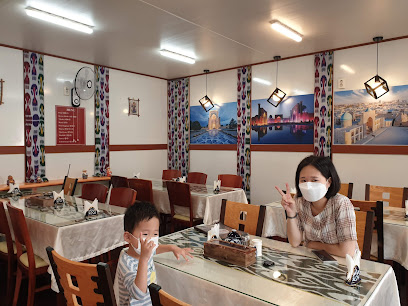
Masil
Discover the flavors of Korea at Masil, where authentic dishes and a cozy ambiance await in Daejeon.
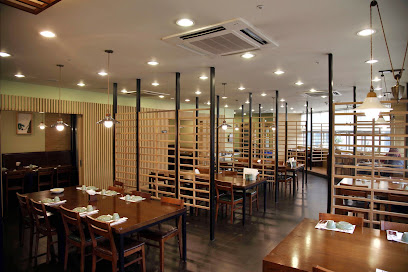
라멘무라
Savor authentic Japanese ramen at 라멘무라 in Daejeon - where tradition meets taste in every bowl.
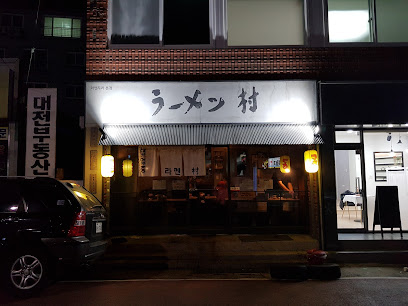
Markets, malls and hidden boutiques
Costco Wholesale Daejeon
Discover unbeatable deals on bulk goods and gourmet products at Costco Wholesale Daejeon, a must-visit shopping destination for tourists.
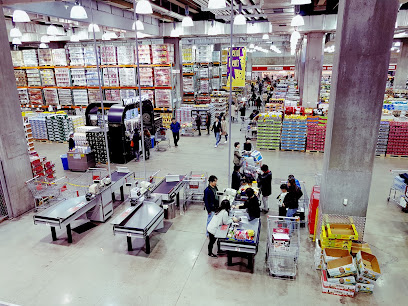
Lotte Department Store
Explore Lotte Department Store in Daejeon for a unique blend of shopping, dining, and entertainment in the heart of Korea.
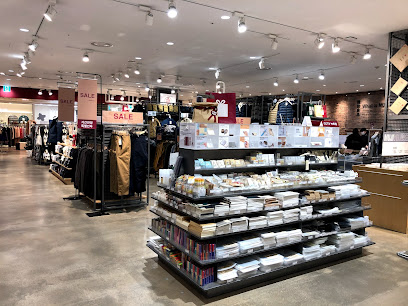
Hyundai Premium Outlet Daejeon
Discover unbeatable deals and family-friendly fun at Hyundai Premium Outlet Daejeon, your ultimate shopping destination in South Korea.
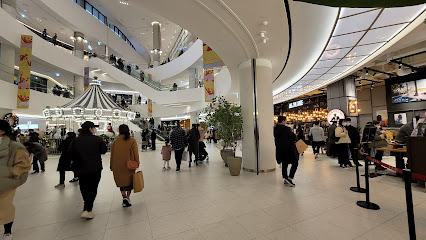
Galleria Department Store Timeworld
Explore the elegance of Galleria Department Store Timeworld in Daejeon, where luxury shopping meets fine dining and entertainment.
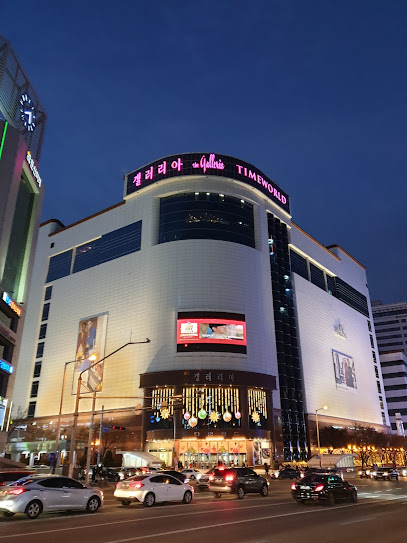
Daejeon Shinsegae Art & Science
Explore a unique fusion of shopping, art, and science at Daejeon Shinsegae Art & Science, where every visit is a delightful experience.
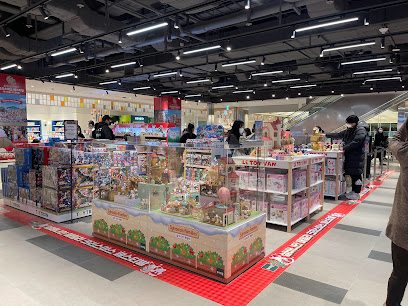
SAY Department Store
Discover a vibrant shopping haven at SAY Department Store in Daejeon, where fashion, food, and entertainment come together for an unforgettable experience.
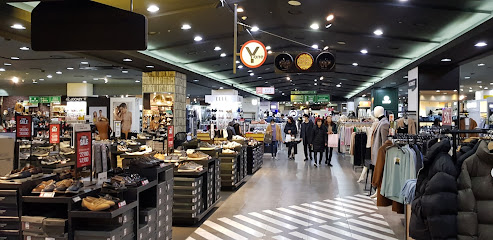
Sungsimdang Lotte Daejeon Branch
Indulge in the rich flavors of Sungsimdang Lotte Daejeon Branch, a premier bakery offering a variety of delectable pastries and breads in Daejeon.
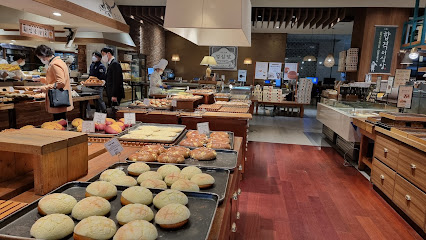
모다아울렛 대전점
Discover unbeatable deals and a diverse shopping experience at 모다아울렛 대전점, a must-visit outlet mall in Daejeon, South Korea.
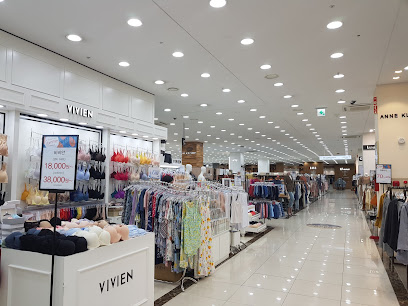
패션아일랜드
Explore Fashion Island in Daejeon, South Korea: A vibrant outlet mall offering top fashion brands, diverse dining, and exciting entertainment options.
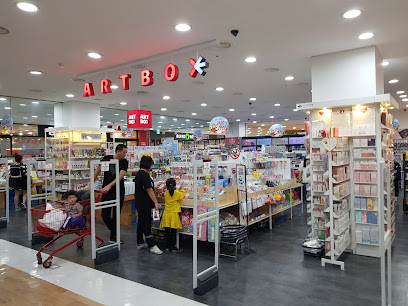
NC Daejeon Yuseong Store
Explore the NC Daejeon Yuseong Store: A premier shopping destination in South Korea, offering fashion, electronics, and delicious local cuisine.
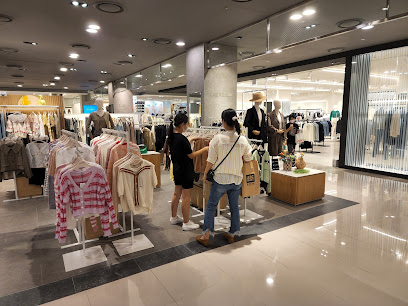
박서방 대전본점
Discover 박서방 대전본점 in Daejeon, a model and comic shop bursting with creativity and collectibles for enthusiasts and fans alike.
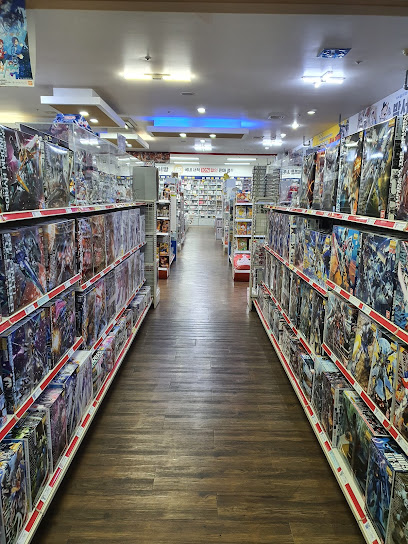
H&M
Discover the latest trends and affordable fashion at H&M in Daejeon, your ultimate shopping destination for stylish clothing.
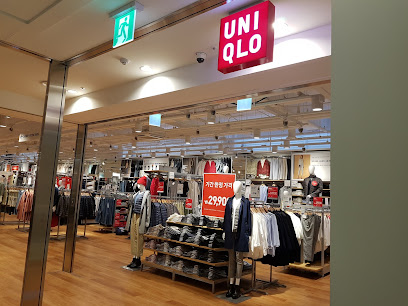
아름다운가게 대전탄방점
Explore unique finds and support local families at 아름다운가게 대전탄방점, Daejeon's charming second-hand store.
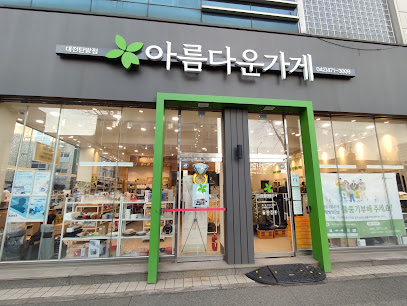
베네베네 대전점
Explore the vibrant shopping scene at 베네베네 대전점 in Daejeon, where local culture meets modern retail bliss.
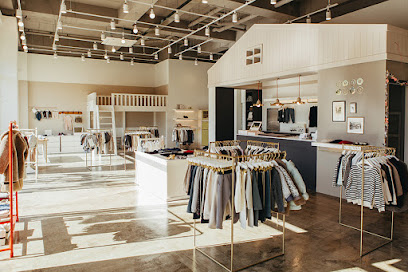
Prada Korea Daejeon Hyundai Premium
Explore luxury fashion at Prada Korea Daejeon Hyundai Premium, featuring exquisite women's clothing and accessories in a stylish shopping environment.

Essential bars & hidden hideouts
ThursdayParty_DaeJeon
Discover the exhilarating nightlife of Daejeon at Thursday Party, where great drinks and an electric atmosphere await you.
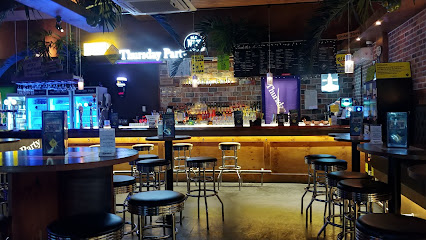
아도니스
Experience the vibrant nightlife of Daejeon at Adonis, the cocktail bar offering a delightful array of drinks and a lively atmosphere.
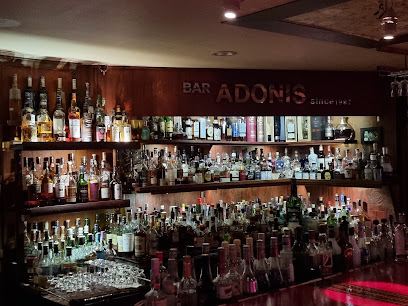
The Ranch Pub
Experience the vibrant atmosphere of The Ranch Pub in Daejeon, where great drinks and delicious food come together for an unforgettable night out.
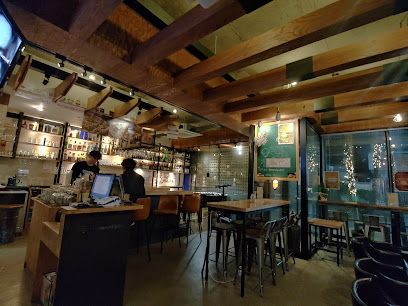
White flowers in the desert
Experience the enchanting atmosphere and exquisite selection of wines and cocktails at Daejeon's White Flowers in the Desert Wine Bar.
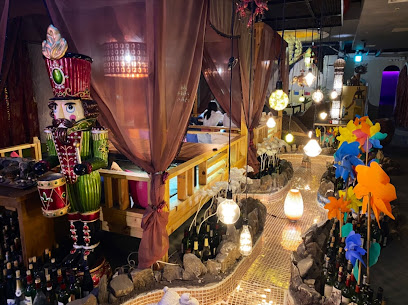
Santa Claus
Experience the festive atmosphere and vibrant nightlife at Santa Claus Bar, a unique destination in Daejeon, perfect for tourists and locals alike.
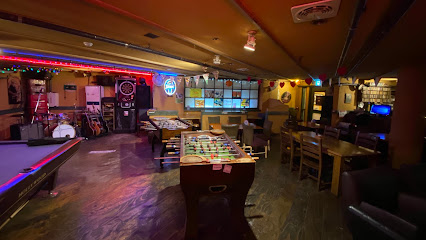
DO TAPS
Experience the vibrant nightlife of Daejeon at DO TAPS, where unique drinks and a lively atmosphere await.
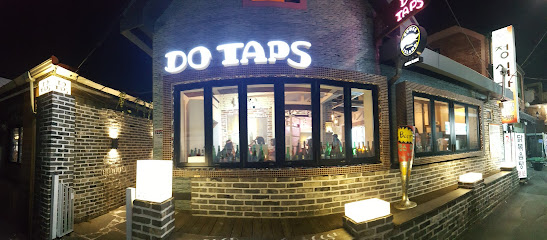
FML
Discover the vibrant nightlife at FML Bar in Daejeon, where great drinks and lively ambiance create unforgettable evenings.
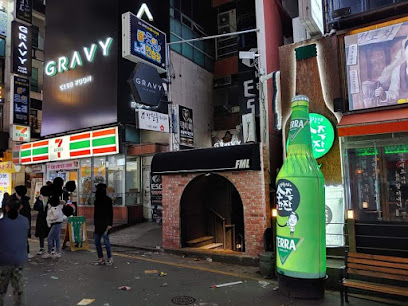
석이네601
Experience the lively atmosphere and exquisite drinks at 석이네601, the go-to pub in Daejeon for a taste of local nightlife.
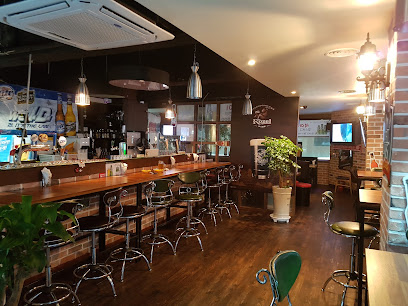
럭키스트라이크
Discover the vibrant nightlife at 럭키스트라이크, a premier bar in Daejeon offering a unique blend of local and international beverages in a lively atmosphere.
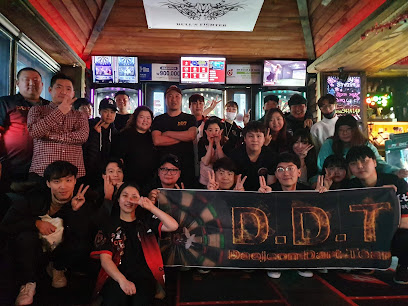
In the Rain
Experience the soothing ambiance and creative cocktails at In the Rain, a unique bar in Daejeon's vibrant nightlife scene.
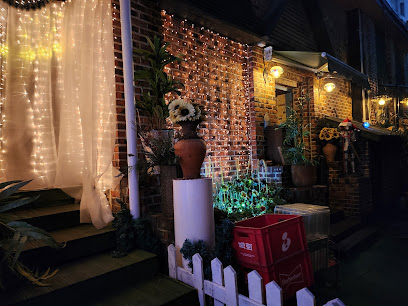
랜돌프 비어
Discover the lively spirit of 랜돌프 비어 in Daejeon, a bar that blends modern charm with a warm, welcoming atmosphere for an unforgettable night out.
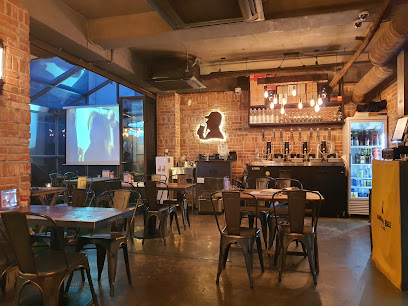
Myowol
Experience the vibrant nightlife of Daejeon at Myowol, where expertly crafted cocktails and a lively atmosphere await.
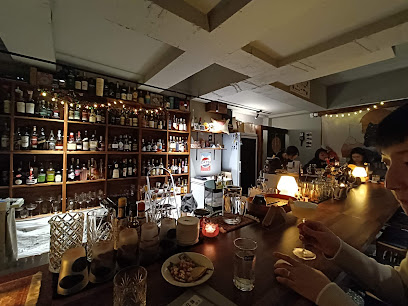
썬하우스 (SUNHOUSE)
Discover the exquisite charm of SUNHOUSE, a premier wine bar in Seo-gu, Daejeon, perfect for wine lovers seeking relaxation and enjoyment.
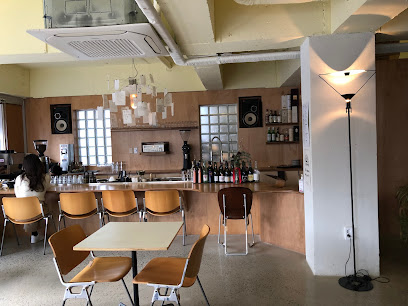
살롱드느티
Experience the elegance of 살롱드느티 in Daejeon, a wine bar where exquisite wines meet culinary delights in a cozy atmosphere.
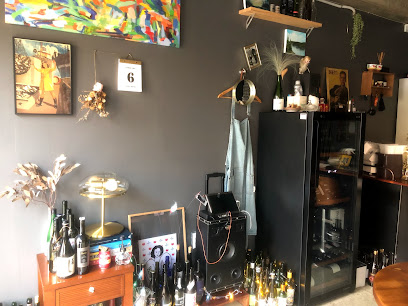
Local Phrases
-
- Hello안녕하세요
[annyeonghaseyo] - Goodbye안녕히 가세요
[annyeonghi gaseyo] - Yes네
[ne] - No아니요
[aniyo] - Please/You're welcome부탁합니다/천만에요
[butakhamnida/cheonmaneyo] - Thank you감사합니다
[gamsahamnida] - Excuse me/Sorry죄송합니다
[joesonghamnida] - How are you?어떻게 지내세요?
[eotteoke jinaeseyo?] - Fine. And you?잘 지내고 있어요. 그리고 당신은요?
[jal jinaego isseoyo. geurigo dangsineunyo?] - Do you speak English?영어 할 수 있어요?
[yeongeo hal su isseoyo?] - I don't understand이해하지 못해요
[ihaehaji mothaeyo]
- Hello안녕하세요
-
- I'd like to see the menu, please메뉴를 보고 싶어요
[menyureul bogo sipeoyo] - I don't eat meat고기를 먹지 않아요
[gogireul meokji anayo] - Cheers!건배!
[geonbae!] - I would like to pay, please계산 부탁합니다
[gyesan butakhamnida]
- I'd like to see the menu, please메뉴를 보고 싶어요
-
- Help!도와주세요!
[dowajuseyo!] - Go away!가세요!
[gaseyo!] - Call the Police!경찰을 불러주세요!
[gyeongchareul bulleojuseyo!] - Call a doctor!의사를 불러주세요!
[uisareul bulleojuseyo!] - I'm lost길을 잃었어요
[gireul ilheosseoyo] - I'm ill아파요
[apayo]
- Help!도와주세요!
-
- I'd like to buy...사고 싶어요...
[sago sipeoyo...] - I'm just looking그냥 둘러보고 있어요
[geunyang dulleobogo isseoyo] - How much is it?얼마에요?
[eolmaeyo?] - That's too expensive너무 비싸요
[neomu bissayo] - Can you lower the price?가격을 내릴 수 있나요?
[gageogeul naeril su innayo?]
- I'd like to buy...사고 싶어요...
-
- What time is it?지금 몇 시에요?
[jigeum myeot sieyo?] - It's one o'clock한 시에요
[han sieyo] - Half past (10)열 시 반
[yeol si ban] - Morning아침
[achim] - Afternoon오후
[ohu] - Evening저녁
[jeonyeok] - Yesterday어제
[eoje] - Today오늘
[oneul] - Tomorrow내일
[naeil] - 1하나
[hana] - 2둘
[dul] - 3셋
[set] - 4넷
[net] - 5다섯
[daseot] - 6여섯
[yeoseot] - 7일곱
[ilgob] - 8여덟
[yeodeol] - 9아홉
[ahop] - 10열
[yeol]
- What time is it?지금 몇 시에요?
-
- Where's a/the...?어디에 ...이/가 있어요?
[eodie ...i/ga isseoyo?] - What's the address?주소가 뭐에요?
[jusoga mwoeyo?] - Can you show me (on the map)?지도로 보여줄 수 있나요?
[jido-ro boyeojul su innayo?] - When's the next (bus)?다음 버스는 언제와요?
[daeum beoseuneun eonjewayo?] - A ticket (to ....)표 (....으로)
[pyo (....euro)]
- Where's a/the...?어디에 ...이/가 있어요?
History of Daejeon
-
Daejeon, known as the 'Hub City of Asia,' has a rich history that dates back to the Baekje Kingdom (18 BCE–660 CE). Initially, it was a small village named Hanbat, meaning 'large field' in the local dialect. The city's strategic location in the center of South Korea made it an important site for agriculture and trade.
-
During the Japanese occupation of Korea (1910–1945), Daejeon underwent significant changes. The construction of the Gyeongbu Railway Line, connecting Seoul and Busan, transformed Daejeon into a crucial transportation hub. This period also saw the establishment of various industries, laying the foundation for the city's future growth.
-
After the Korean War (1950–1953), Daejeon played a vital role in South Korea's reconstruction efforts. The city's central location made it an ideal site for military and governmental functions. Numerous government research institutes and universities were established, fostering a culture of innovation and education.
-
One of the most significant events in Daejeon's modern history is the 1993 Daejeon Expo. This international exposition showcased technological advancements and cultural exchanges, drawing millions of visitors from around the world. The event led to substantial infrastructural development, including the creation of Expo Park and the Hanbat Arboretum.
-
In recent decades, Daejeon has solidified its reputation as South Korea's science and technology capital. The city is home to Daedeok Innopolis, a sprawling research and development complex housing over 1,000 institutions, including KAIST (Korea Advanced Institute of Science and Technology) and the Electronics and Telecommunications Research Institute (ETRI).
-
Daejeon's cultural landscape is as vibrant as its scientific community. The city hosts various annual festivals, such as the Daejeon International Wine Festival and the Daejeon Science Festival. These events celebrate the city's diverse heritage and its contributions to science and technology.
-
Today, Daejeon boasts a highly developed urban infrastructure, including extensive public transportation systems, modern residential areas, and advanced healthcare facilities. The city continues to evolve, balancing its historical roots with its commitment to innovation and progress.
Daejeon Essentials
-
Daejeon is located in the central region of South Korea, making it easily accessible from various parts of the country. The nearest international airports are Incheon International Airport and Gimpo International Airport in Seoul, both approximately 140 kilometers away. From Seoul, you can take the Korea Train Express (KTX) which offers a direct route to Daejeon in about 50 minutes. Alternatively, you can take an express bus from Seoul, which typically takes around 2 hours.
-
Daejeon has a well-developed public transportation system, including buses and a metro line. Taxis are also widely available and relatively inexpensive. For more flexibility, consider renting a car, but be aware that traffic can be heavy during peak hours. The Daejeon Metro Line 1 runs from Banseok in the east to Panam in the west, covering major areas of the city. Buses cover routes not served by the metro and are a convenient way to get around.
-
The official currency in South Korea is the South Korean Won (KRW). Credit cards are widely accepted in Daejeon, including in hotels, restaurants, and larger shops. However, it is advisable to carry some cash for smaller establishments and street vendors. ATMs are plentiful, but not all accept foreign cards, so look for those that display the Cirrus, Plus, or Global ATM Network logos.
-
Daejeon is generally a safe city for tourists, with low crime rates. However, as in any city, it is wise to take standard precautions. Avoid walking alone late at night in unfamiliar areas and be cautious with your belongings in crowded places. While there are no specific high-crime areas targeting tourists, staying alert and aware of your surroundings is always recommended.
-
In case of emergency, dial 112 for the police and 119 for fire and medical emergencies. English-speaking operators are usually available. Daejeon has several hospitals and medical facilities that can provide assistance. It is highly recommended to have travel insurance that covers medical emergencies. Pharmacies (약국, yak-guk) are also readily available for minor health issues.
-
Fashion: Do dress modestly, especially when visiting temples or religious sites. Avoid overly revealing clothing. Religion: Do show respect for local customs and traditions. When visiting temples, remove your shoes and speak in a low voice. Public Transport: Do give up your seat to the elderly, disabled, and pregnant women. Don’t talk loudly on your phone or eat and drink on public transport. Greetings: Do bow slightly or give a polite nod when greeting. Handshakes are also common but may be less firm than in Western cultures. Eating & Drinking: Do try local foods and drinks, and accept food offerings graciously. Don’t stick your chopsticks upright in your bowl of rice as it resembles a funeral rite.
-
To experience Daejeon like a local, visit the popular Hanbat Arboretum and Daejeon O-World, where you can enjoy nature and local culture. Explore the bustling Jungang Market for a taste of local street food and fresh produce. Engage with locals; they are often friendly and willing to share insights about their city. Additionally, don’t miss out on the Yuseong Hot Springs, a favorite relaxation spot for both locals and tourists.
Trending Landmark in Daejeon
-
Daejeon O-World
-
Daejeon Jungang Market
-
National Science Museum
-
Jangtaesan Recreational Forest
-
Hanbat Arboretum
-
Kyeryongsan sutonggol District National Park
-
Daejeon Expo Civic Plaza
-
Sikjangsan Sunrise Observatory
-
Ppuri Park
-
Daejeon Skyroad
-
Daejeon Convention Center
-
Daejeon Aquarium
-
EXPO Hanbit Tower
-
Seodaejeon Park
-
Expo Bridge
Nearby Cities to Daejeon
-
Things To Do in Jeonju
-
Things To Do in Suwon
-
Things To Do in Daegu
-
Things To Do in Andong
-
Things To Do in Incheon
-
Things To Do in Seoul
-
Things To Do in Gwangju
-
Things To Do in Suncheon
-
Things To Do in Pohang
-
Things To Do in Chuncheon
-
Things To Do in Gyeongju
-
Things To Do in Ulsan
-
Things To Do in Mokpo
-
Things To Do in Busan
-
Things To Do in Jeju City










